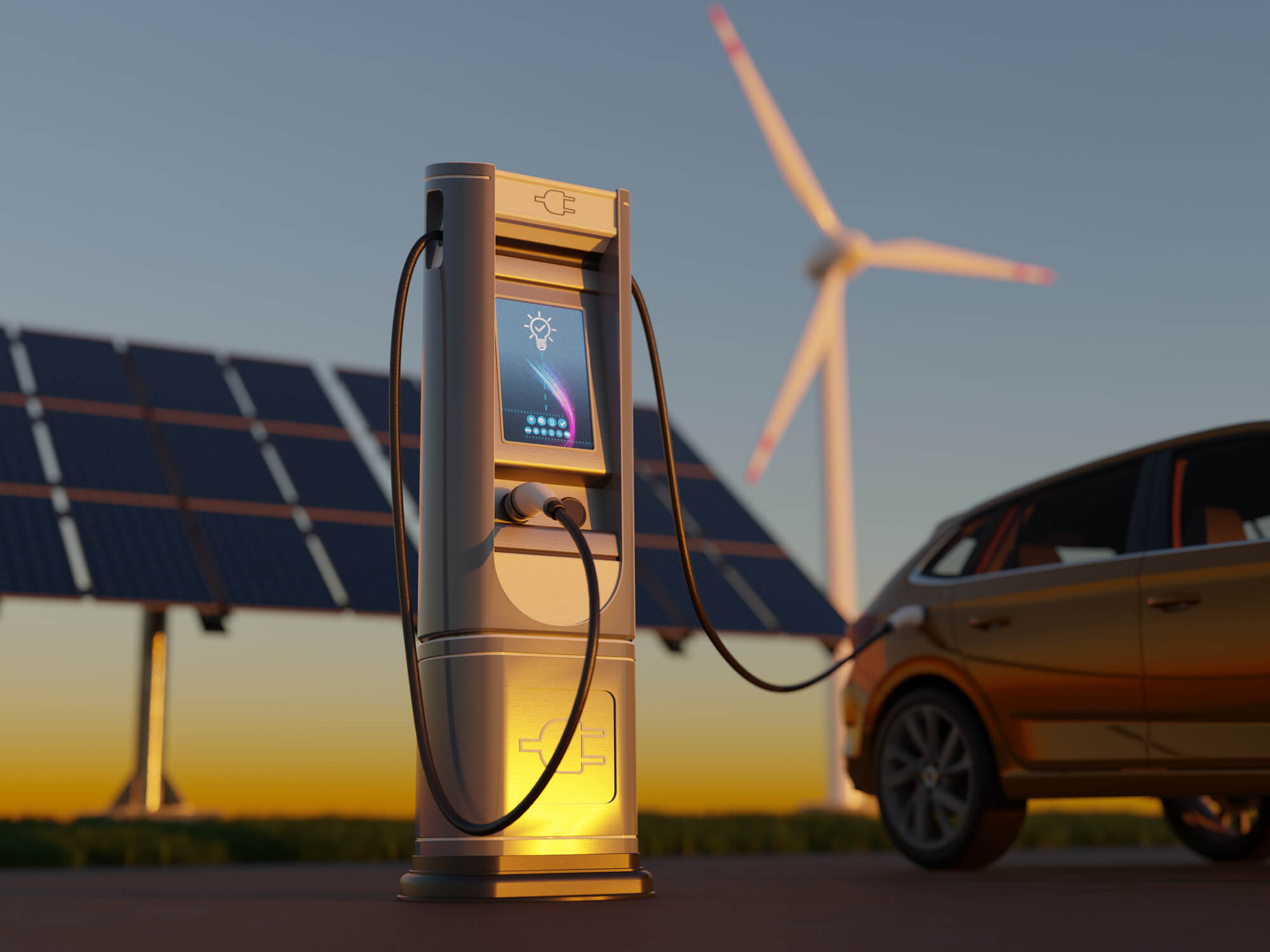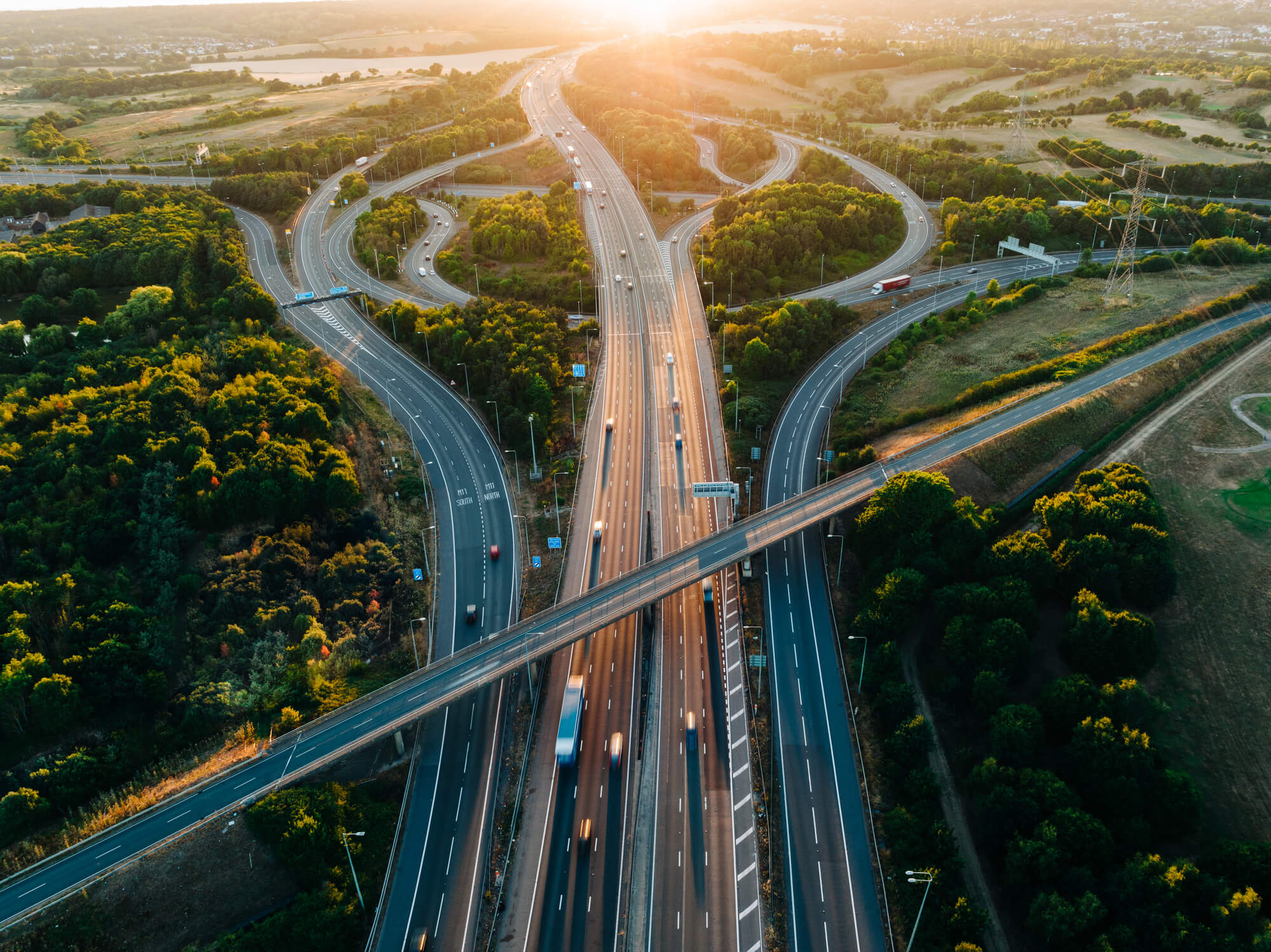Case Study: Riverford Organics
Helping Riverford Organics to reduce their carbon footprint

Experts in carbon accounting have worked with Riverford Organics since 2017, to establish its carbon footprint and recommend new products and vehicles to reduce it.
Experts at Centre for Energy and Environment have worked with Riverford every year since 2017 to calculate the company’s carbon footprint. This requires the creation of a greenhouse gas (GHG) inventory based on the principles of ISO 14064-1, which classifies emissions into three broad groups:
- Scope 1: Activities owned or controlled by Riverford, e.g. combustion in owned boilers or vehicles.
- Scope 2: Emissions associated with the consumption of purchased electricity.
- Scope 3: Emissions that are a consequence of Riverford’s actions, which occur at sources which are not in ownership or control by Riverford, for example business travel by means other than company vehicles, waste disposal, or purchased materials.
The Centre has also taken the lead on projects to explore the economic and environmental implications of replacing diesel delivery vans with electric variants, and for replacing single-use plastic pallet wrap with potential alternatives. For delivery vans, that included reviewing the current technologies and models to understand the impact of factors like vehicle range, charging infrastructure, payload and maintenance on operations. Scenarios were created that matched Riverford’s delivery routes to appropriate and commercially available electric vans.
Alternatives were explored for plastic pallet wrap used for pallets on outgoing delivery lorries (machine wrap) and internal pallet movements (hand wrap).
The alternatives were classified into different product types including lower impact single-use plastics, and reusable products including lid systems, wrap systems, and bands.
We found that replacing the current wrap with lower impact single-use plastics would enable a business as usual operation and would save 33% (machine wrap) and 67% (hand wrap) of emissions annually. We’ve shown that reusable solutions can create both deeper reductions in GHG emissions, and greater financial savings. Emissions reduction of over 90% may be achievable for machine wrap, or 80% if shortened effective lifetimes of the products are assumed. For hand wrap, emissions could be almost entirely eliminated. In total, the most optimistic scenarios could reduce GHG emissions by 54 tCO2e annually with over £40,000 per year potential savings on average.
The work produced by the Centre is being used by Riverford to make strategic decisions to reduce its GHG emissions.
Take Action today
Contact us
Exeter Innovation
We are the trusted partner in transformative innovation, empowering organisations across the globe to make ecologically responsible decisions – for today and for future generations.



